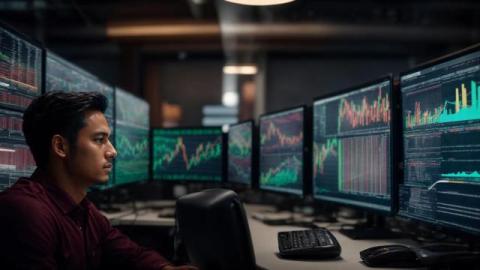How Software Can Help Forex Traders
The ever-evolving world of foreign exchange (Forex) trading has been significantly enhanced by the advent of sophisticated software tools. In this fast-paced market, where currency values fluctually rapidly, the right software can be the difference between profit and loss. For traders, keeping abreast of technological advancements is not just beneficial, it's essential. Software aids in analysis, trade execution, and even in developing and testing strategies. Below, we explore various aspects of trading software and how it can assist traders in navigating the complexities of the Forex market.











